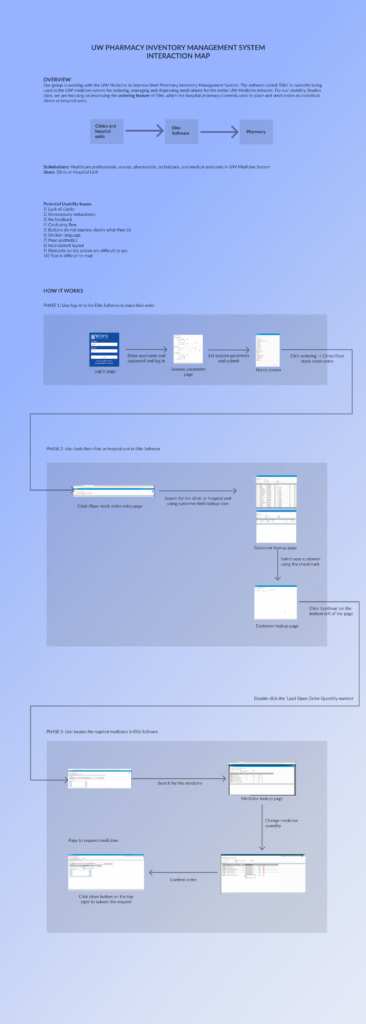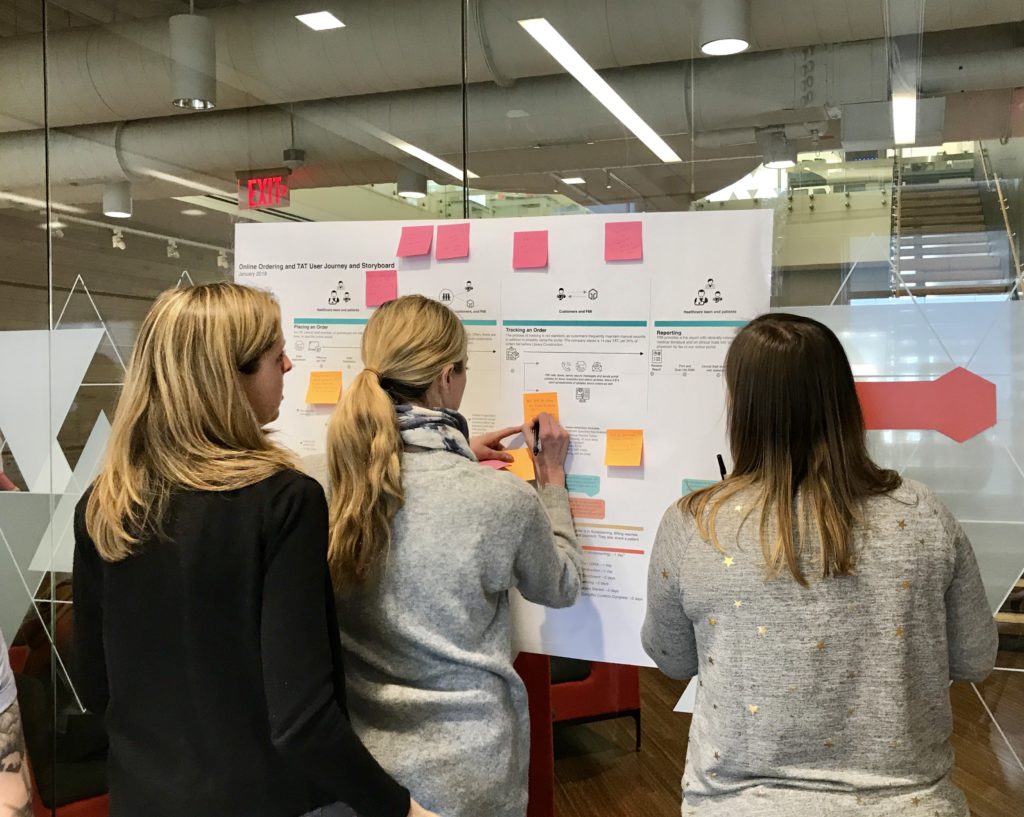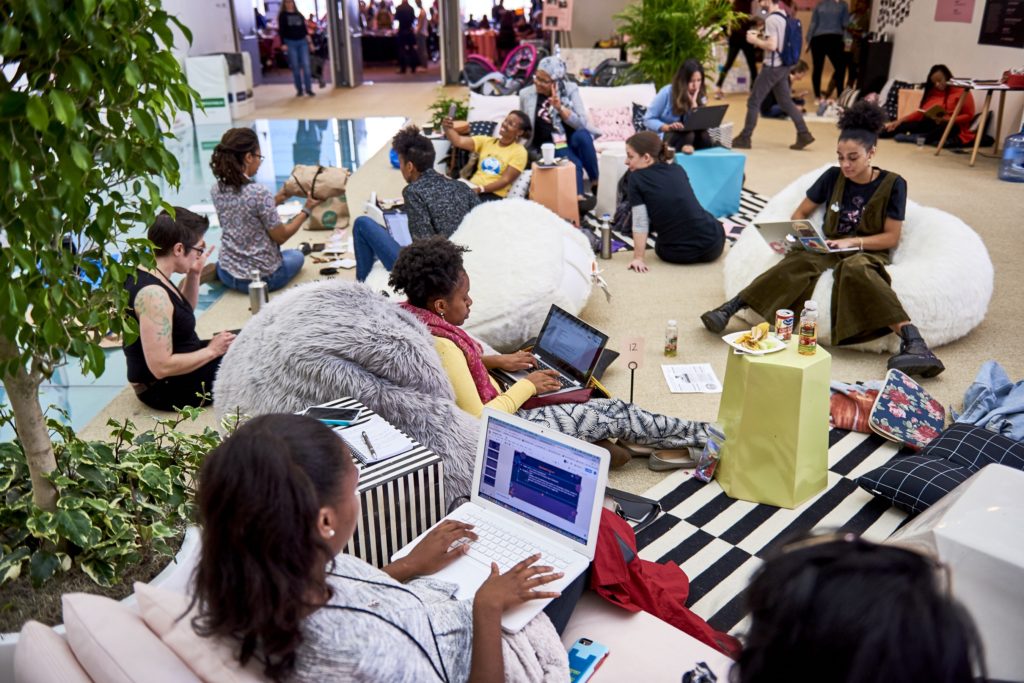Featured User Research Work

JFA: Mapping Michigan Eviction Law & Court Practices
Brief: In a desire to reform housing laws and expand civil justice, multiple working groups and advisors are auditing the eviction process to drive user-focused changes. Desired changes to court processes, court rules, laws, court forms, practices of legal aid and the landlord bar, administrative agency policies, existing eviction diversion programs, and others – ultimately toward improved court knowledge and more just outcomes.
Process: In collaboration with one other Civic Designer, we are facilitating collaborative systems-mapping sessions to create high level views of how law, practices and additional factors overlap and influence one another, so that the JFA team can identify barriers and opportunities for improvement. The high level view maps (along with thematic sub-maps- such as persona journeys) are tools toward exploring potential solutions with diverse legal, research, and activist stakeholders. The map process is documented with the hopes of being replicated for improving other legal problems such as divorce and debt collection.

UW Medicine Pharmacy Integration System: Usability Testing
Brief: A pharmacy inventory management system was originally implemented without user research which led to confusion, low compliance, and low ROI in the software. Pharmacy managers were concerned that the poor usability experiences trickled down to patient safety concerns.
Process: Along with a small user research team, we conducted usability testing with 8 healthcare professionals, with methods such as the think-aloud protocol, task analysis, and System Usability Scale (SUS). Findings were summarized as design recommendations for the software development team.

Foundation Medicine Service Blueprint
Brief: Foundation Medicine is a cancer genomics testing company that recommends targeted therapies. As a new member of the Design Research team, I sought to understand the bigger picture of the company’s suite of products and operations flows. Since no previous blueprint existed, I initiated a collective sense-making process.
Process: I began a service design blueprint process with five interdepartmental workshops, to improve visibility across teams and generate opportunities for improved collaboration and product innovation. Based on feedback from internal stakeholders and design team colleagues, the document went through 24 iterations and served as a level-setting tool during strategic planning meetings.
Featured Strategic Partnerships Work

The Make the Breast Pump Not Suck Hackathon
Process: I project managed this year-long effort that culminated in an equity-driven breastfeeding festival at the MIT Media Lab in April 2018. Twelve teams won experiential prizes, sixty interdisciplinary participants strategized the future of paid family leave policy, and nine artists were featured in the Artist Gallery, “Between the Magic and the Machine”. Over thirty companies ranging from start-ups to industry leaders also participated in the Innovators Gallery and as roving mentors at this baby-friendly event. The event was grounded in a research effort as well and kicked off with the launch of, “Speaking Our Truths: 27 Stories of What It’s Really Like to Breastfeed and Pump in the United States“.
Selected press:
⚡ The Problems With Breastfeeding Go Way Beyond Breast Pumps (The Atlantic)
⚡Engineers, doctors and moms team up to ‘make the breast pump not suck’ and hack other barriers to breastfeeding (ABC News)
⚡A Gift, A Challenge, An Isolating Experience: Artists Explore The Complexities Of Breastfeeding (WBUR)
I’ve also synthesized research summaries, facilitated game design, and co-facilitated systems maps for clients like:





